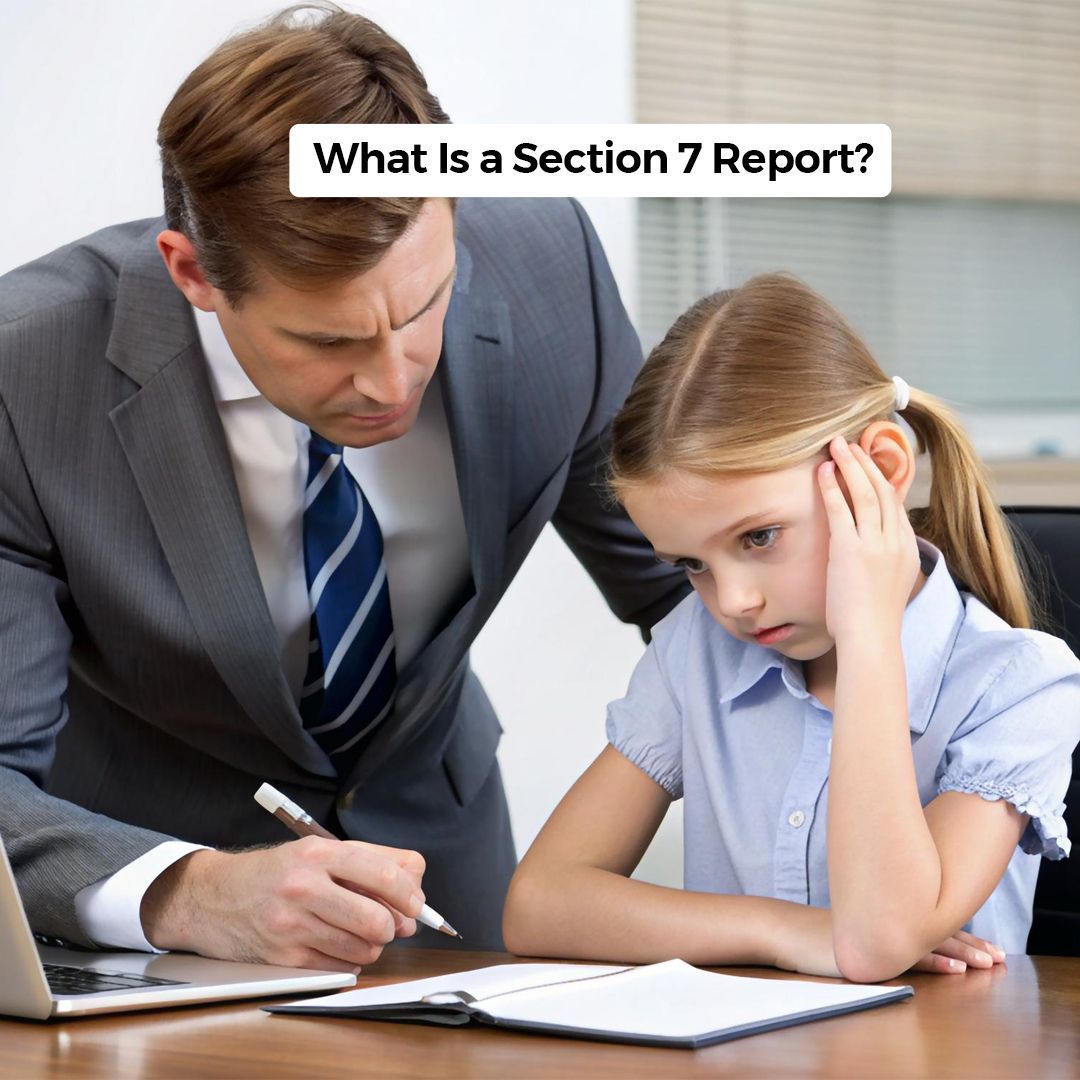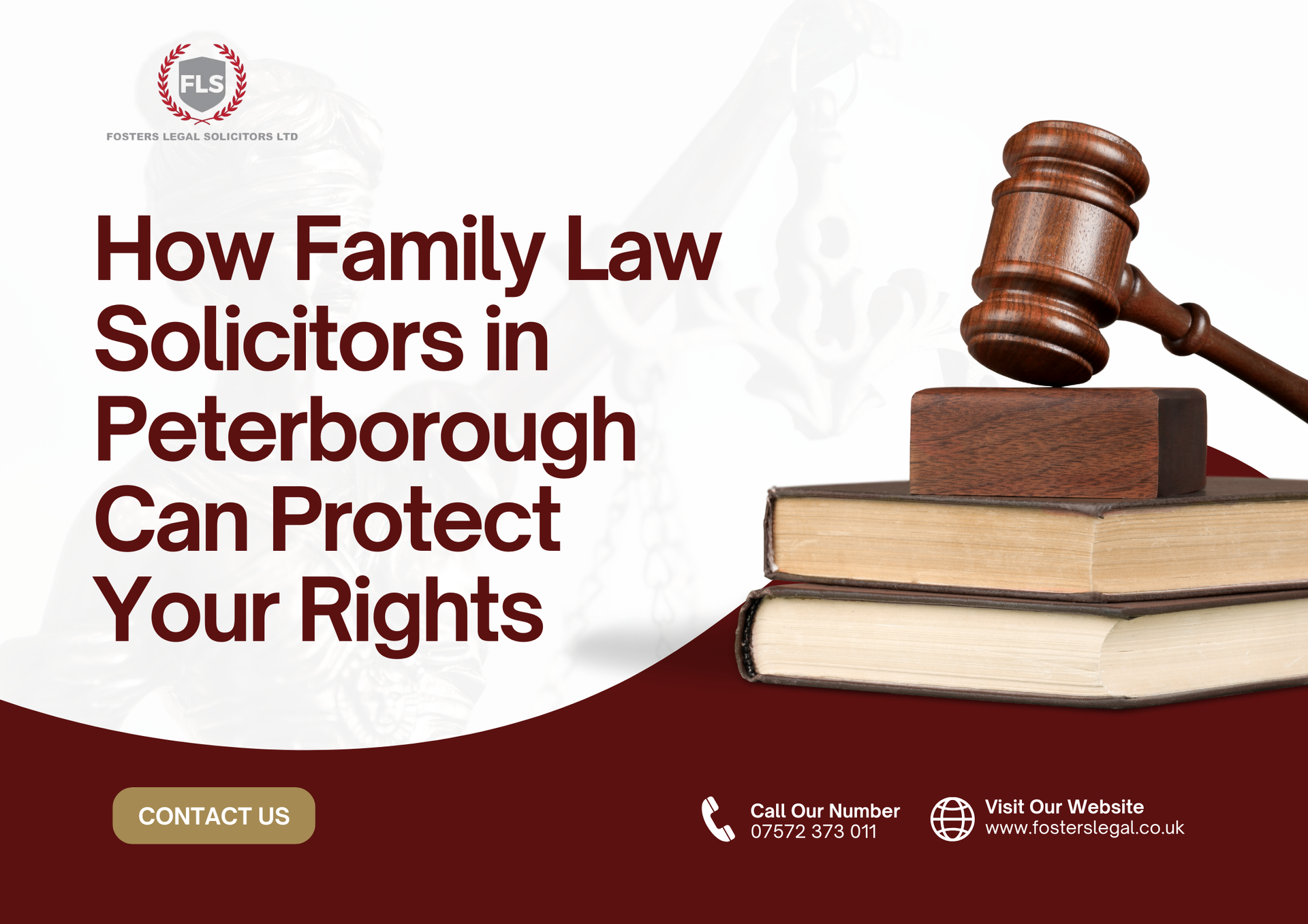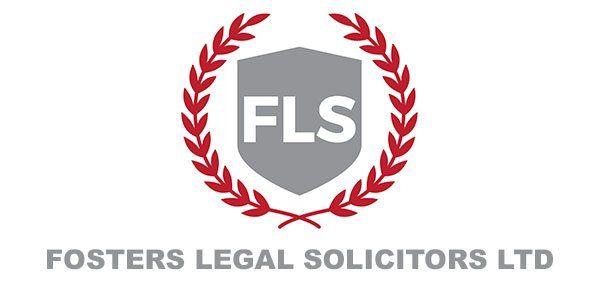What is a Section 7 Report and the Role of Cafcass
What is a Section 7 Report and the Role of Cafcass

When the court demands a Section 7 report during a child arrangements case, most people end up feeling confused and worried. Questions like: What does it mean? Who writes it? How will it affect my family? can make you feel even more confused. These aren’t small concerns; they can turn the tables completely.
That is why this guide exists. Instead of legal jargon or complicated explanations, we’ll take you through the process step by step so you know what to expect and how to prepare everything. We’ll look at what a Section 7 report is, the role of CAFCASS in preparing it, and how a solicitor can guide you through each stage with confidence.
At Foster Legal, we’ve spent more than a decade supporting families with most experienced
Solicitors in Stevenage, Peterborough, and Watford with situations just like this. Over the years, we’ve seen how the right advice at the right time can ease stress, save time, and even reduce financial strain. This blog is here to give you that clarity, so by the end, you’ll feel informed, prepared, and ready to take the next step
What Is a Section 7 Report?
When a normal person hears the term
Section 7 report, it can sound very formal and complicated. In reality, it is a clear document that the court uses to understand a child’s feelings, emotions, and what the child wants before making important decisions or coming to any conclusion under the
Children Act 1989. And knowing about this can actually make the process less daunting and more confident.

Who Prepares a Section 7 Report?
A Section 7 report is usually prepared by CAFCASS (Children and Family Court Advisory and Support Service) or, in some cases, a local authority social worker. Their role is independent—they don’t take sides but provide the court with an impartial view of what is best for the child
What Does It Include?
The report covers a wide range of details about the child’s life. This may include their wishes and feelings, their daily home environment, relationships with parents or carers, and any risks that may affect their welfare. In short, it builds a full picture of the child’s circumstances
How Does the Court Use It?
Judges rely on the Section 7 report as part of the evidence in family proceedings. It helps them decide where a child should live, how much time they spend with each parent, or what arrangements are safest. The judge always makes the final decision, but the report carries significant weight
Timeline and Parent Involvement
The process usually takes around 10 to 12 weeks, though this can vary. During this time, parents may be interviewed, and the child may also have the chance to express their views. Being open, honest, and prepared during this stage can make the process smoother and avoid unnecessary delays
Why It Matters
A well-prepared and accurate Section 7 report can reduce the length of family court proceedings. This often means fewer hearings, lower legal costs, and less stress for everyone involved. On the other hand, unclear or incomplete information can lead to further disputes and additional expenses.
Now that you understand the basics of a Section 7 report, the next step is to look at CAFCASS itself, the body responsible for preparing most of these reports, and how its role shapes the outcome of family cases
What Is the Role of CAFCASS?

When the court requests a Section 7 report in family proceedings, CAFCASS plays a central role. They act as the court’s independent eyes and ears, ensuring decisions put the child’s welfare first.
Who is CAFCASS?
CAFCASS stands for “Children and Family Court Advisory and Support Service”. They are not part of either parent’s side but work directly for the court. Their main duty is to safeguard children and help the judge make informed decisions about their future. Here are the important roles of CAFCASS plays in the Children Act 1989:
1. Independent Adviser to the Court
CAFCASS officers remain completely neutral. They do not take sides or favour one parent over the other—just like
Family Law Solicitors in Stevenage. They listen, they understand, and they guide you towards the right direction. Instead of opinions, CAFCASS officers present the court with a balanced view based on facts, interviews, and observations gathered during the Section 7 assessment.
2. Helping to Understand a Child’s Voice
One of CAFCASS’s most important roles is making sure the child’s wishes and feelings are heard. They speak with children in a safe, age-appropriate way and then present those views clearly to the court. This helps the judge understand how the child is experiencing the situation.
3. Risk Assessment for the Court
CAFCASS also carries out checks to see if there are any safeguarding concerns. They look for risks such as neglect, domestic abuse, or other factors that could affect the child’s safety. Their findings give the court a reliable picture of the child’s living environment.
4. Evidence-Based Recommendations
At the end of the process, CAFCASS prepares the report requested under Section 7. Their recommendations are not based on personal opinion but on evidence, interviews, and professional assessment. This ensures the court receives a clear, factual foundation for its decision.
With CAFCASS’s input, the Section 7 report becomes a trusted tool for the judge to decide what is in the best interests of the child. In the next section, let’s look at how the report is prepared and what it usually contains
How a Solicitor Makes a Difference
This is paragraph text. Click it or hit the Manage Text button to change the font, color, size, format, and more. To set up site-wide paragraph and title styles, go to Site Theme.

Dealing with a Section 7 report can feel overwhelming if you’re on your own. The difference a solicitor makes is not just about legal knowledge; it’s about saving time, reducing costs, and guiding you through each step with clarity. Let’s look at where the right support changes everything.
1. Help in Understanding the Process
When you face a Section 7 report, knowing what lies ahead matters. A
Child Custody Solicitor in Stevenage explains the process in plain language so you know what to expect at every stage, avoiding last-minute surprises.
2. Pre-Report Preparation
A solicitor helps you gather the right information and present it clearly. This not only strengthens your position but also saves you from repeat hearings that drain both money and energy.
3. Responding to the Report
If the CAFCASS report feels unbalanced or overlooks facts, your solicitor shows you how to challenge it. Instead of heading straight to a full hearing, you learn the options available often are a quicker and less expensive route.
4. During Interviews
Having a solicitor nearby reassures you that the process is being handled fairly. They ensure your views are heard without unnecessary pressure.
5. In Court
When it comes to court, a right solicitor like -
Foster Legal becomes your voice. Their knowledge helps you avoid mistakes that could cost time, money, and even credibility before the judge.
6. Challenging Missteps in the Report
Mistakes in a Section 7 report can happen. A solicitor shows you how to correct them quickly, without restarting the whole process or dragging matters further.
7. Negotiating Agreements
Court is not always the only option. With solicitor support, you can explore mediation and reach agreements that work cutting down costs and stress for everyone involved.
8. Bringing in Expert Help
Sometimes extra expertise is needed. Whether it’s a psychologist or a parenting specialist, a solicitor knows when to involve professionals to strengthen your case and ensure balanced outcomes.
With the right guidance, what feels like a confusing process becomes manageable.
Conclusion
We’ve looked closely at what a Section 7 report is, why the court asks for it, and how CAFCASS officers carry out their role with neutrality and care. We also highlighted how, much like Family Law Solicitors in Stevenage, the focus always remains on listening, understanding, and guiding families toward fair outcomes.
Understanding this process matters because the Section 7 report can directly shape the decisions the court makes about a child’s future. Having the right support both from CAFCASS and from an experienced solicitor helps you approach the situation with clarity and confidence.
You are not alone in this journey. By knowing what to expect, you can take informed steps that protect your child’s best interests and reduce unnecessary stress.
If you’re based in Stevenage, Peterborough, or Watford and need guidance with a Section 7 report, reach out today. Let’s talk it through in plain, simple terms so you feel supported every step of the way
Frequently Asked Questions
What happens in a Section 7 CAFCASS report?
CAFCASS gathers information through interviews, background checks, and observations to assess the child’s welfare. The report provides recommendations to the court on what arrangements are in the child’s best interests
What is a Section 7 interview for CAFCASS?
It’s a meeting where the officer speaks with parents and sometimes the child to understand their views, concerns, and living arrangements. This helps shape the recommendations in the Section 7 report
Is a Section 7 report confidential?
Yes. It is a confidential court document and should not be shared outside the legal process. Disclosure without permission can lead to legal consequences
What is the difference between a Section 7 report and a Section 37 report?
A Section 7 report looks at the child’s welfare in private law cases. A Section 37 report is ordered when the court believes the local authority should consider care proceedings for the child
How to respond to a Section 7 report?
Read it carefully and check for accuracy. If you disagree, you can submit a written response or raise concerns through your solicitor before the final hearing












